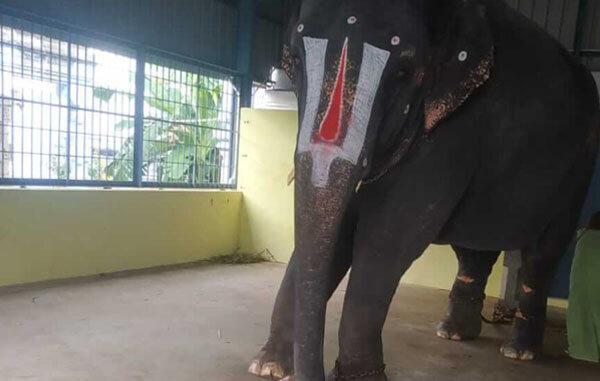Karnataka Stands Up for Rodents, Bans Cruel Glue Traps Following PETA India Appeal
Following an appeal from PETA India, the Karnataka Department of Animal Husbandry and Veterinary Services has issued an order to stop the production, sale, and use of glue traps. The circular cites The Prevention of Cruelty to Animals (PCA) Act, 1960, which prohibits causing unnecessary pain and suffering to animals. It calls attention to how animals get stuck in these traps and meet a gradual and excruciating death.
In its appeal, PETA India had requested that the state government take immediate steps to implement circulars issued by the Animal Welfare Board of India advising that glue traps be prohibited. Circulars with similar directions have previously been issued by the governments of Chhattisgarh, Goa, Himachal Pradesh, Meghalaya, Sikkim, Tamil Nadu, and Telangana.
Mice, rats, and other animals caught in these traps can die of hunger, dehydration, or exposure after days of prolonged suffering. Others may suffocate when their noses and mouths become stuck in the glue, while some even chew through their legs in a desperate bid for freedom and die from blood loss. Those found alive may be thrown away along with the trap or may be killed by bludgeoning or drowning.
PETA India notes that the best way to control rodent populations is to make the area unattractive or inaccessible to them: eliminate food sources by keeping surfaces and floors clean and storing food in chew-proof containers, seal trash cans, and use ammonia-soaked cotton balls or rags to drive rodents away (they hate the smell). After giving them a few days to leave, seal entry points using foam sealant, steel wool, hardware cloth, or metal flashing. Rodents can also be removed using humane cage traps but must be released near where they were found, as animals relocated outside their natural territory struggle to find adequate food, water, and shelter and can die as a result.
The manufacturers and sellers of glue traps sentence small animals to hideously slow and painful deaths and can turn buyers into lawbreakers.
In 2021, following an appeal from PETA India, the Karnataka Animal Welfare Board issued a circular directing all district deputy directors to prohibit the manufacture, sale, and use of severely restrictive gestation and farrowing crates in pig farming.









